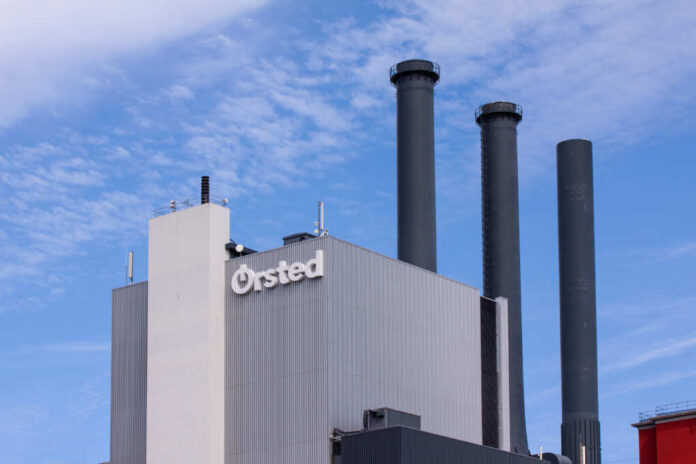
New York regulators recently denied requests by European energy firms Orsted, Equinor, and BP, as well as a handful of other renewable developers to charge customers billions of dollars more for electricity under future power sale contracts featuring offshore wind energy, Reuters reported.
The state’s denial could lead some offshore wind developers whose contracts cannot cover project costs to scrap plans to sell power to customers in New York, like what happened to offshore wind projects in Massachusetts, per Reuters.
Orsted is currently swimming in deep waters as the company sees its stock decrease by 31% since declaring $2.3 billion in U.S. impairments in August 2023. The Danish-based energy company is one of many scrambling to find ways to build a fleet of “green” energy projects across the U.S.
Construction of renewable energy projects has been one of the Biden administration’s highly prioritized plans, with the president setting his eyes on 2030 as the year the U.S. would have reached 30,000 megawatts (MW) of offshore wind, which currently stands at 40 MW. This is President Joe Biden’s plan to eradicate fossil fuels and switch the country over to electricity.
Yet, given just how expensive these projects are and New York’s refusal to pursue them, it appears the Biden administration will have a tougher time trying to make the U.S. carbon-free, a plan that will devastate millions of Americans.
Orsted, which is the world’s largest offshore wind farm developer, recently told Reuters that many future offshore wind projects will have to be reconsidered in light of New York’s decision.
“Sunrise Wind’s viability and therefore ability to be constructed are extremely challenged without this adjustment,” the company said, per ZeroHedge.
Sunrise Wind is an offshore project with a planned capacity of 924 MW that could supply electricity to 600,000 households in New York. Orsted said such a plan would require millions of dollars in investments and the opening of 800 jobs.
“These projects must be financially sustainable to proceed,” the president of Equinor Renewables Americas explained to Reuters.
It’s looking more & more like “sustainable” green energy is entirely financially “unsustainable”:
NY unanimously rejects requests from offshore wind developers Equinor, Orsted, etc. for higher rates that would add up to $12B in costs
“…regulators refused to entertain requests… https://t.co/ZmPgoOiWff pic.twitter.com/8Sevrshi8R
— Prodigal (@ProdigalThe3rd) October 12, 2023
In efforts to tackle rising costs, wind developers have turned to the federal government, asking for additional tax incentives and higher electricity costs, busting the myth that wind power is cheap, according to ZeroHedge.














